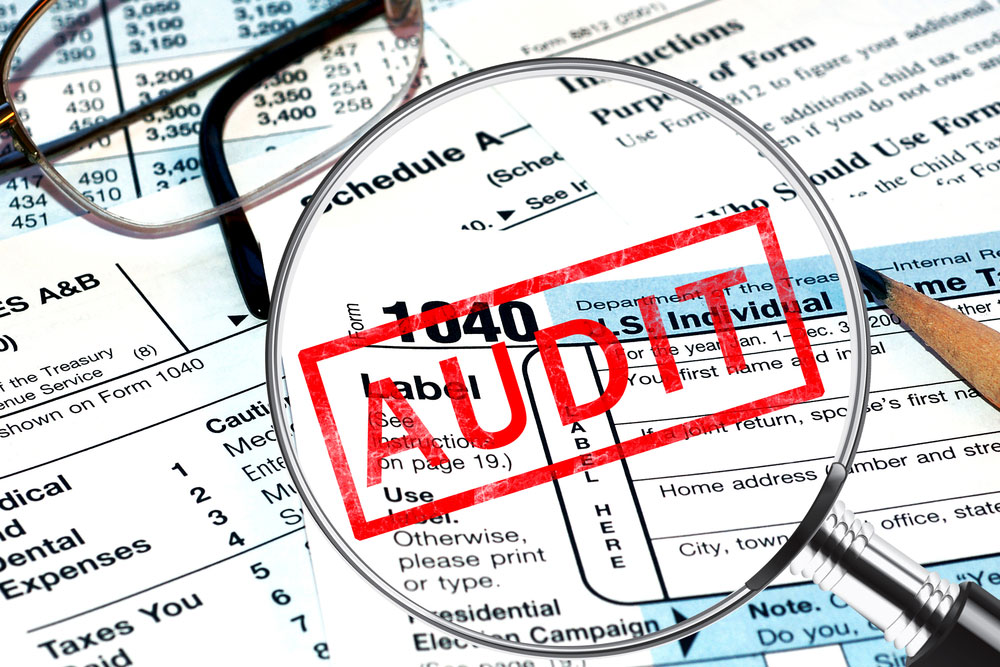
How Can a CPA Help You During a Tax Audit?
Facing a tax audit can be an intimidating experience. Whether you’ve received a notice from the IRS or state tax authority, the process can feel overwhelming and stressful, especially if you don’t know where to begin. This is wshere a Certified Public Accountant (CPA) can step in and provide expert assistance. A CPA can help guide you through the audit process, ensure compliance, and represent your best interests. Here are the critical ways a CPA can assist you during a tax audit.
1. Expert Knowledge of Tax Law
Tax laws are complicated and ever-changing. A CPA stays up to date with the latest rules and regulations, ensuring that your finances are in compliance with current tax codes. During a tax audit, the IRS or other tax authorities may challenge your tax returns, looking for discrepancies. A CPA’s in-depth knowledge of tax law ensures that your documentation and returns are aligned with the law, reducing the risk of penalties or additional taxes.
A CPA can also clarify confusing tax terminology and processes, helping you understand what is happening at each stage of the audit and what is being asked of you. This expertise is particularly valuable if you face a field audit, where an IRS agent visits your home or office to conduct the audit in person.
2. Preparing and Organizing Documentation
One of the first steps in any tax audit is gathering the necessary documentation. The IRS or state authority will request financial records, receipts, and any other supporting documents that back up the information in your tax return. For many individuals and businesses, finding and organizing years of financial records can be a daunting task.
A CPA can efficiently manage this process by reviewing your past records, ensuring everything is accurate, and helping you gather missing information if needed. Having well-organized documents not only makes the audit run smoother but also reflects your professionalism and compliance with tax laws.
3. Minimizing Errors and Misunderstandings
The tax code is complex, and even simple mistakes can trigger an audit or make the audit more difficult than it needs to be. Whether it’s mathematical errors, misclassification of income or expenses, or misinterpreted deductions, small errors can lead to big consequences during an audit.
A CPA can review your financial records and tax filings to spot potential issues that may raise red flags for auditors. By correcting these errors before the audit begins, a CPA can prevent unnecessary complications and reduce the likelihood of penalties.
4. Professional Representation
When dealing with a tax audit, you have the right to professional representation. This means that a CPA can represent you in front of the IRS or any tax authority during the audit process, allowing you to avoid direct interactions with auditors. The benefit here is that a CPA is trained to handle these situations, and they know exactly what the IRS is looking for.
Professional representation ensures that the audit stays on track and focuses only on relevant areas. A CPA can communicate on your behalf, negotiate with the tax authority, and provide expert answers to auditor questions. This representation not only reduces your stress but also increases the chances of a favorable audit outcome.
5. Negotiating Penalties and Interest
In some cases, an audit may result in additional taxes, penalties, or interest. If this happens, a CPA can help you negotiate with the IRS to reduce the penalties or interest. CPAs understand the relief programs and options that the IRS offers, such as penalty abatement or installment payment plans. This can make a significant difference in how much you ultimately owe.
By presenting a strong case on your behalf, your CPA may be able to reduce the overall financial burden and help you resolve the audit without further complications.
6. Post-Audit Guidance and Prevention
Once the audit is complete, the role of a CPA doesn’t end. They will review the audit results with you and help you understand the findings. If there are areas that need improvement, your CPA can provide guidance on how to adjust your accounting practices or tax filing procedures to prevent future audits.
This post-audit support ensures that you’re better prepared for the future and that your financial records remain in compliance with tax laws moving forward.
How we can help
At SD Bookkeeping by Paul Anderson, we understand that a tax audit can be overwhelming, but you don’t have to go through it alone. With years of experience and a reputation as one of the top-ranked CPAs in San Diego, we offer expert tax audit support, professional representation, and personalized advice to help you navigate the process with confidence.
Our team will ensure that your documentation is well-organized, represent you in front of tax authorities, and provide guidance on any post-audit steps. If you’re facing a tax audit or want to prevent one in the future, let SD Bookkeeping by Paul Anderson take the stress off your shoulders.
Reach out today for a free consultation and let us help you protect your financial future.
No Comments
Sorry, the comment form is closed at this time.
